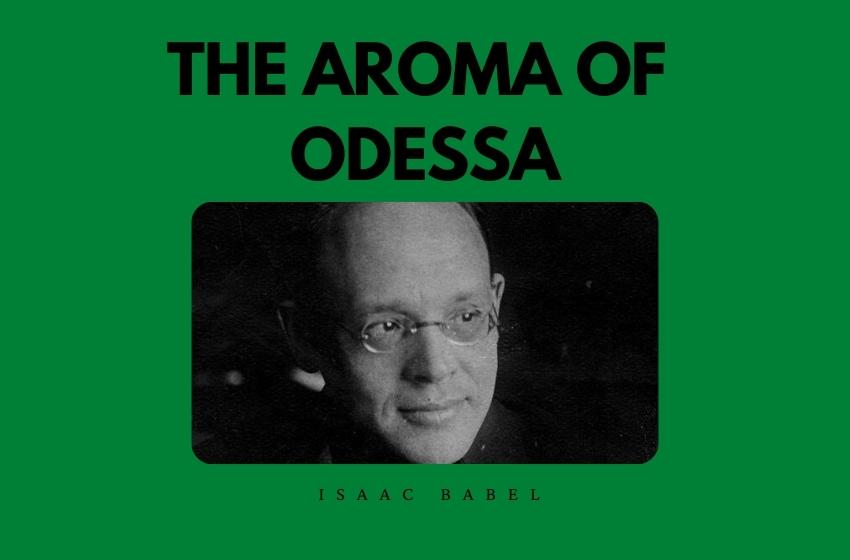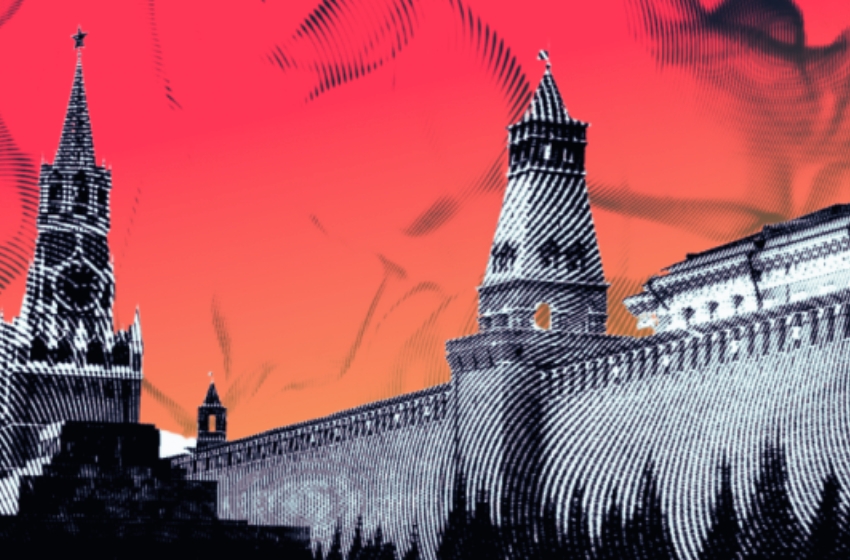Babel is one of the great masters of the short story, and for the translator a great and challenging master of style. It has been fascinating to see his style change from work to work.
I am wandering between tables, making my way through the crowd, catching snippets of conversation. S., a female impersonator, walks past me. In his pale youthful face, in his tousled soft yellow hair, in his distant, shameless, weak-spirited smile is the stamp of his peculiar trade, the trade of being a woman. He has an ingratiating, leisurely, sinuous way of walking. His hips sway, but barely. Women, real women, love him. He sits silently among them, his face that of a pale youth and his hair soft and yellow. He smiles faintly at something, and the women smile faintly and secretively back—what they are smiling at only S. and the women know.
On the other side of the cafe a man in a blue caftan and a peasant shirt tied with a strap hurries past in patent-leather boots. They call him the “Bard of Russian Song.†On the bards nose is a pince-nez, and in his soul the petty anxiety of a petty man. The bards face is that of a worldly pharmacist. Why even mention his name.
I make my way between tables where retired colonels with bril-liantined mustaches have found a haven for their shamed Czarist uniforms and play lotto with Jewish boys. Fat, serene wives of movie-theater owners, thin cash-register girls (“true union membersâ€), and fleshy, flabby, sagacious cafe-chantant agents, currently unemployed, also sit with the colonels.
Our times have knocked these people off their feet, misfortune has driven them to the Palais Royal, and to Paraskeva and other Greek cafes to make a quick ruble trading in turquoise rings. At the club you can learn a lot about their desires and ideals, and who their idols are. Go to the reading room, where portraits of Gorky, Vinaver, and Linovsky6 hang on the walls. On the table you will find an old issue of Divertissement. Take it from me, a very interesting magazine! A life filled with mirth, wine, love, and death will open out before you. You can read about the clever and beautiful Jenny Molten, who came to Russia in the bloom of her youth. You can read about her successes and her admirers, of the papas boys who love her body, and the little men, downtrodden by life, who love her soul. You can read of her nomadic life, of the barrels of wine she has drunk, the crates of oranges she has eaten, of her husband, the husband of a cafe-chantant diva, and of her death. About the death of Jenny Molten you will read at the end. Someone else besides Jenny Molten who has died is Naumenko or Karasulenko, our passionate, trusting, drunk, kindhearted, hysterical Russian chanteuse. She died on a bed strewn with flowers and doused in perfume. Telegrams were found in her room from officials, warrant officers, and second lieutenants. According to these telegrams the second lieutenants were about to rush to her side, to kiss her. They were indignant about something, even threatening.
But in Divertissement you will also find serious articles with advice on professional matters and portraits of the editor, a handsome man with a black mustache and languid eyes. His mustache, his eyes, his noble demeanor point unmistakably to one thing: the editor was loved, and never squandered his money on little chanteuses. There are also stories in Divertissement about wrestling champions, of their first victories, the arenas bathed in light, the Parisian crowds, the Parisian women applauding ecstatically, the crowd carrying the smooth, powerful body of the wrestler on its shoulders. In every issue of Divertissement there are also jokes about Odessa Jews, about Cafe Fankoni,^ about brokers taking dance classes and Jewesses riding trams.
Divertissement smells of Odessa and Odessa’s hot, homegrown lingo. The whole club on Preobrazhenskaya Street smells of Odessa, and that might well be the only reason I began talking about it. These days the aroma of one’s native town is very important. This is the fourth year that warriors from afar have flooded it without respite. The horns of large ocean liners no longer roar, fine coal dust no longer wafts over the harbor. The brilliant sun lights the quiet, untroubled waters. There is no Bavaria pulling into port, there are no money changers, no tall, strong German and American sailors roaming through the town in packs, there are no taverns in the port where through waves of tobacco smoke one can see the drunk drooping heads of Englishmen, while a gramophone, rasping and proud, plays “Rule Britannia.†During the war, ruined people have flocked to our town, strange Jews who are foreign to us—refugees from Latvia and Poland. Serbs and Rumanians have come. But nobody who loves Odessa can say a word against these Rumanians. They have brought life back to Odessa. They remind us of the days when the streets were full of trade, when we had Greeks trading in coffee and spices, German sausage makers, French book peddlers, and Englishmen in steamship offices. The Rumanians have opened restaurants, play music with cymbals, fill taverns with their fast, foreign speech. They have sent us handsome officers with yellow boots and tall, elegant women with red lips. These people fit the style of our town.
Not that it is a problem if the other newcomers do not fit Odessa’s style. Odessa stands strong, she hasn’t lost her astonishing knack for assimilating people. A proud, cunning Polish Jew comes to Odessa, and before long we’ve turned him into a loud, gesticulating fellow who is as quick to flare up or calm down as the best of us. We’re still busy grinding them down. Soon the time will come when all the ex-Czarist officers who are used to life in the capital and their regiments in Mezhibozh will leave, and then all the red-bearded Jews, who walk dully down our streets, littering them dully with sunflower-seed shells, will go back to their gray Kozlovs and Tulas. The horns of ocean liners will once more blare in our harbor, and in our taverns old gramophones will once more croak words about Britannia ruling the waves. Our storehouses will be filled with oranges, coconuts, pepper, and Malaga wine, and in our granaries the greenish dust of pouring grain will rise.
Translated by Peter Constantine
1909-1919





















